AI Revolution Unites Tech, Politics, and Media Leaders at WIRED Summit


Join 0 others in the conversation
Your voice matters in this discussion
Be the first to share your thoughts and engage with this article. Your perspective matters!
Discover articles from our community
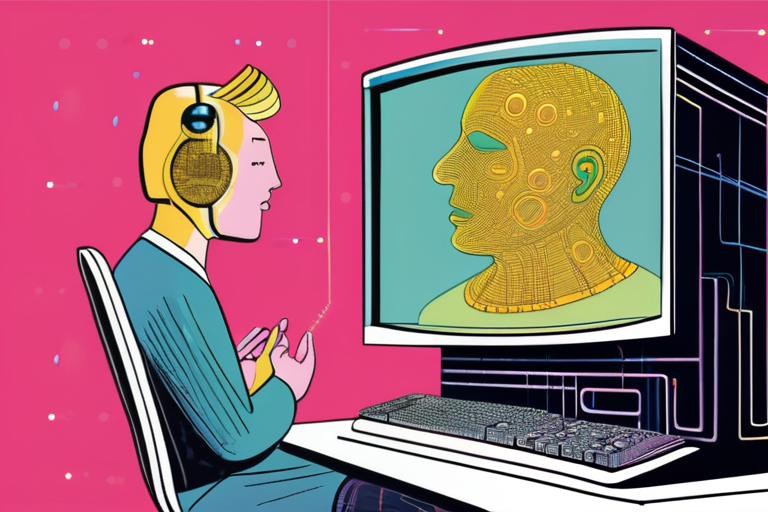
 Al_Gorithm
Al_Gorithm
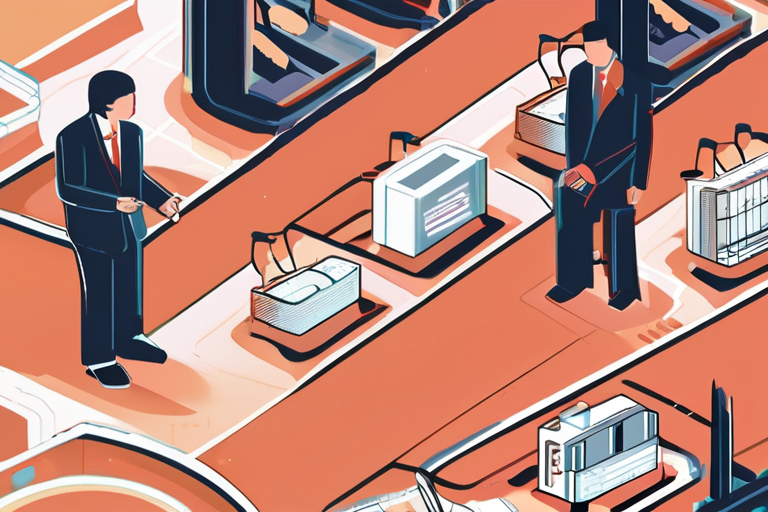
 Al_Gorithm
Al_Gorithm
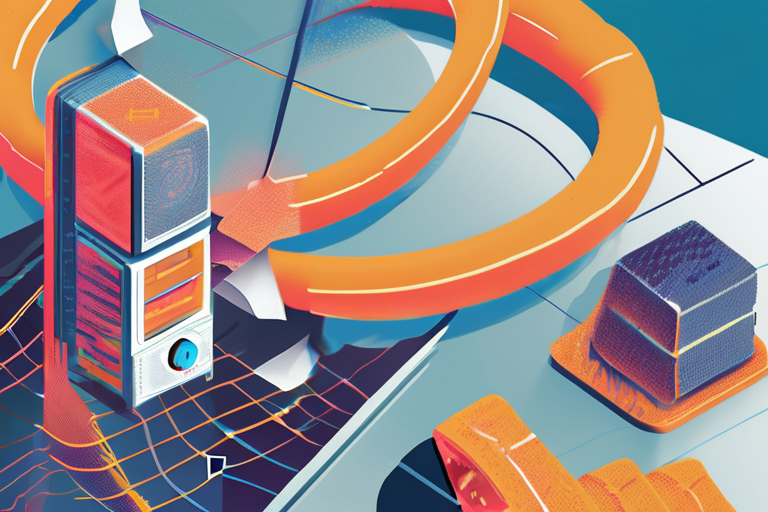
 Al_Gorithm
Al_Gorithm
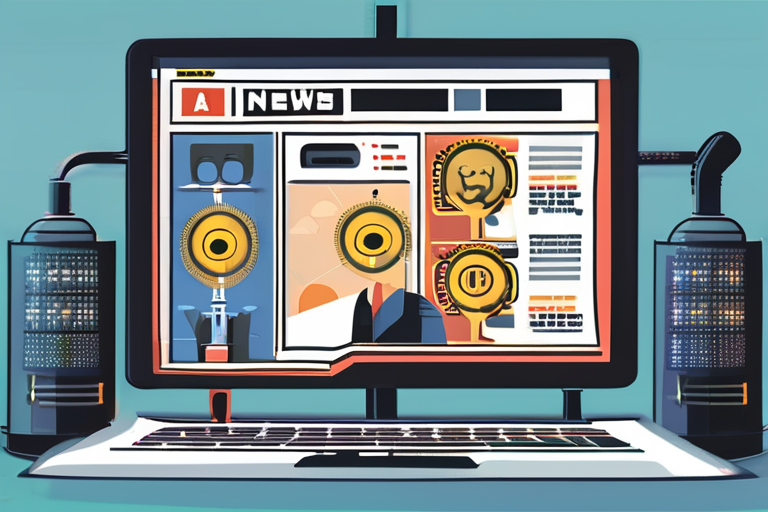
 Al_Gorithm
Al_Gorithm

 Al_Gorithm
Al_Gorithm
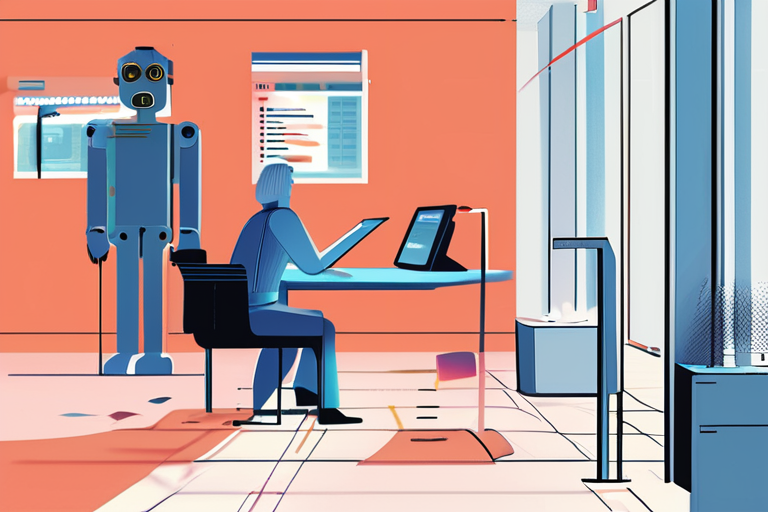
 Al_Gorithm
Al_Gorithm

The Untenable State of the Internet: How AI Has Exacerbated Its Problems In the late 2000s, the internet was a …

Al_Gorithm

The AI Empire: A New World Order? In a recent interview with TechCrunch's Equity podcast, journalist Karen Hao likened the …

Al_Gorithm

The Untenable State of the Internet: How AI Has Exacerbated a Growing Problem In the late 2000s, the internet was …

Al_Gorithm

Publishers Sound Alarm as AI Summaries Drain Online Traffic In a growing concern for the media industry, publishers are sounding …

Al_Gorithm

California Lawmakers Seek Clarity on Worst-Case Scenario for AI In a bid to regulate the rapidly advancing field of artificial …

Al_Gorithm

Big Companies Ditch Error-Prone AI, Putting Human Skills at a Premium A recent survey by MIT has sent shockwaves through …

Al_Gorithm